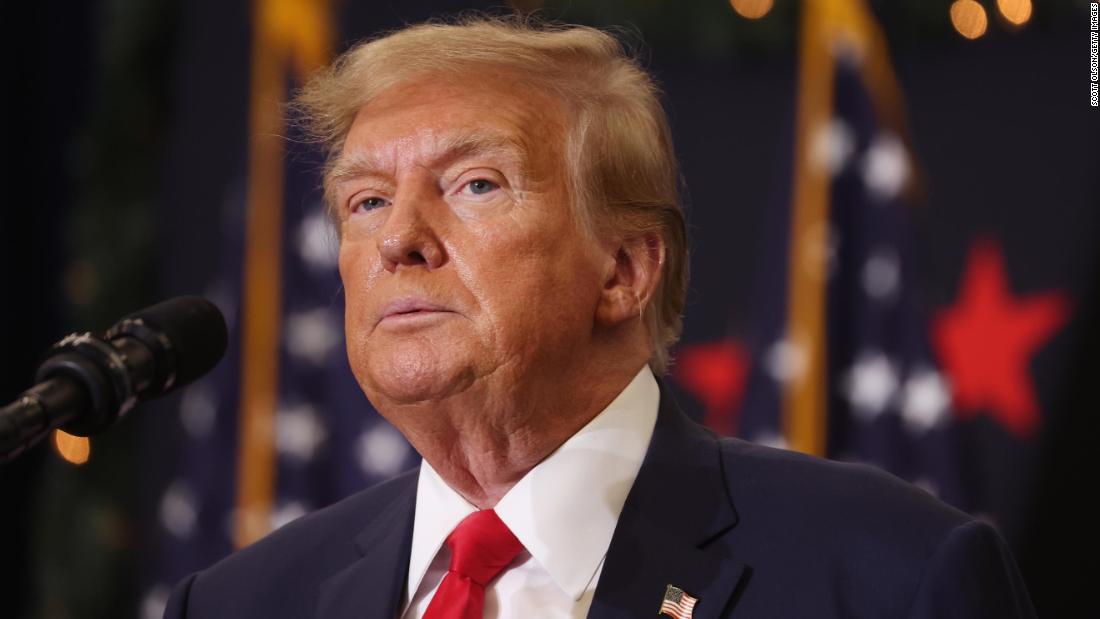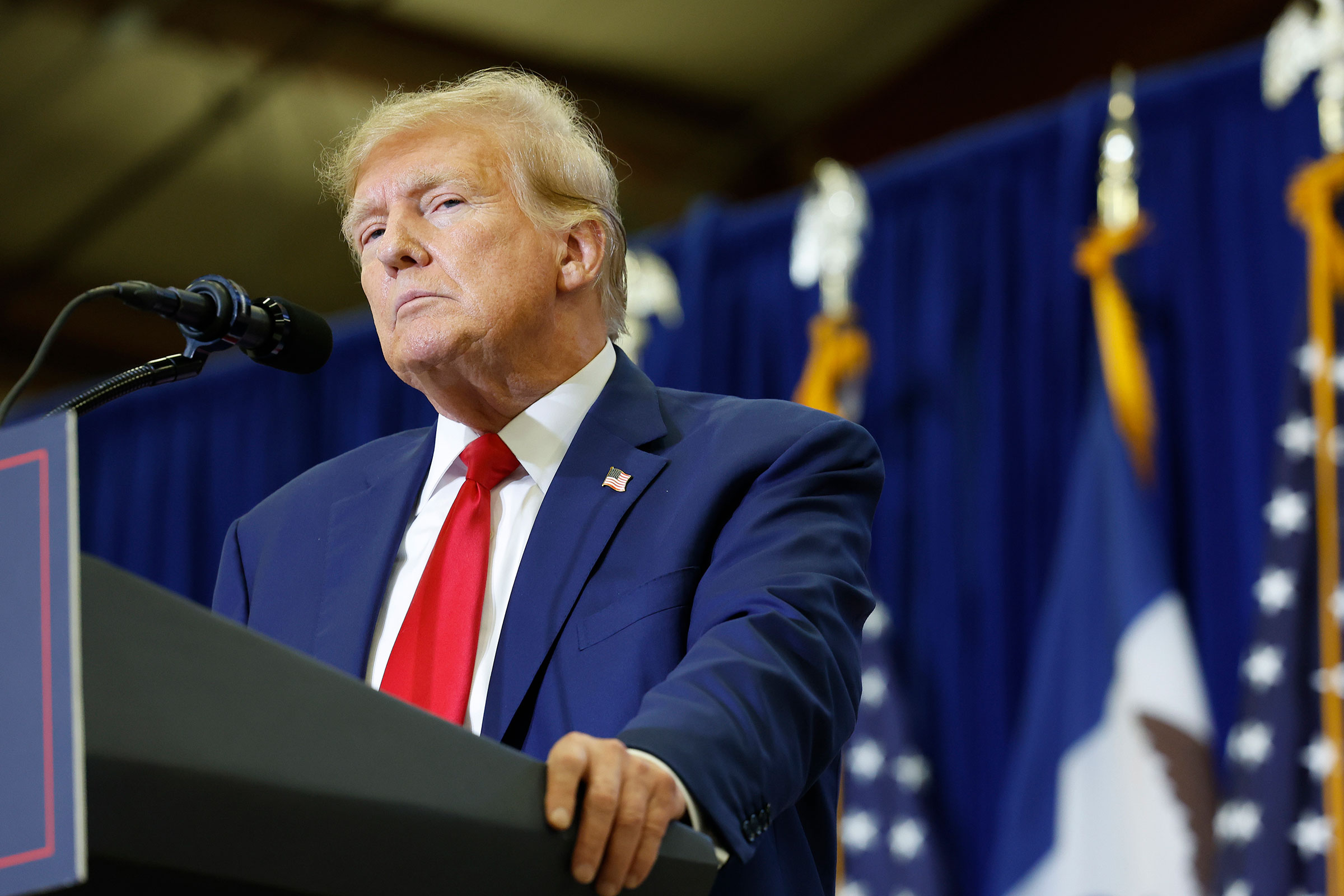

Former President Donald Trump is arguing that he should have presidential immunity against prosecution related to special counsel Jack Smith’s election subversion case. His lawyers will make the argument to a federal appeals court on Tuesday.
The indictment in the criminal case alleges Trump and a co-conspirator “attempted to exploit the violence and chaos at the Capitol by calling lawmakers to convince them … to delay the certification” of the election, among other things.
The trial has been scheduled for March 4, but proceedings have been paused while the appeals process over the immunity claim plays out.
Here’s a closer look at how we got here:
Federal judge refuses to dismiss charges against Trump: At the beginning of December, US District Judge Tanya Chutkan, who presides over the criminal case, said Trump does not enjoy absolute immunity for what he said and did after the 2020 election.
“The court cannot conclude that our Constitution cloaks former Presidents with absolute immunity for any federal crimes they committed while in office,” Chutkan wrote.
Trump’s lawyers had asked Chutkan to throw out the four charges he faced because they said Trump was working to “ensure election integrity” as part of his official capacity as president when he allegedly undermined the 2020 election results and therefore is protected under presidential immunity.
“Whatever immunities a sitting President may enjoy, the United States has only one Chief Executive at a time, and that position does not confer a lifelong ‘get-out-of-jail-free’ pass. Former Presidents enjoy no special conditions on their federal criminal liability. Defendant may be subject to federal investigation, indictment, prosecution, conviction, and punishment for any criminal acts undertaken while in office,” Chutkan wrote.
Trump’s lawyers appeal Chutkan’s decision: Trump’s team asked the appeals court to examine the immunity ruling and once again throw out the federal election subversion criminal case.
Trump’s lawyers said Saturday that Chutkan “missed what the Founders recognized: That punishment of the President is irreducibly political and so belongs primarily to the branch most politically accountable — Congress and, ultimately, the Senate.”
The appeal filing reiterates what the former president’s lawyers have repeatedly asserted — that Trump was working in his official capacity and that his indictment is unconstitutional because presidents cannot be criminally prosecuted for “official acts” unless they are impeached and convicted by the Senate.
Smith asks the US Supreme Court to review: On December 22, the Supreme Court rejected a request by Smith to fast-track arguments on whether Trump has any immunity from federal prosecution. The court did not explain its reasoning and there were no noted dissents.
An expedited review of the issue was already underway at the DC Circuit, which had scheduled Tuesday’s oral arguments. Smith’s team was trying to bypass the appeals court by having the justices step in beforehand.
Both sides will still have the option of appealing the eventual ruling by the DC Circuit Court of Appeals up to the high court. Trump’s strategy has been to delay the criminal case, including mounting a protracted fight over the immunity question, which must be settled before his case goes to trial.
